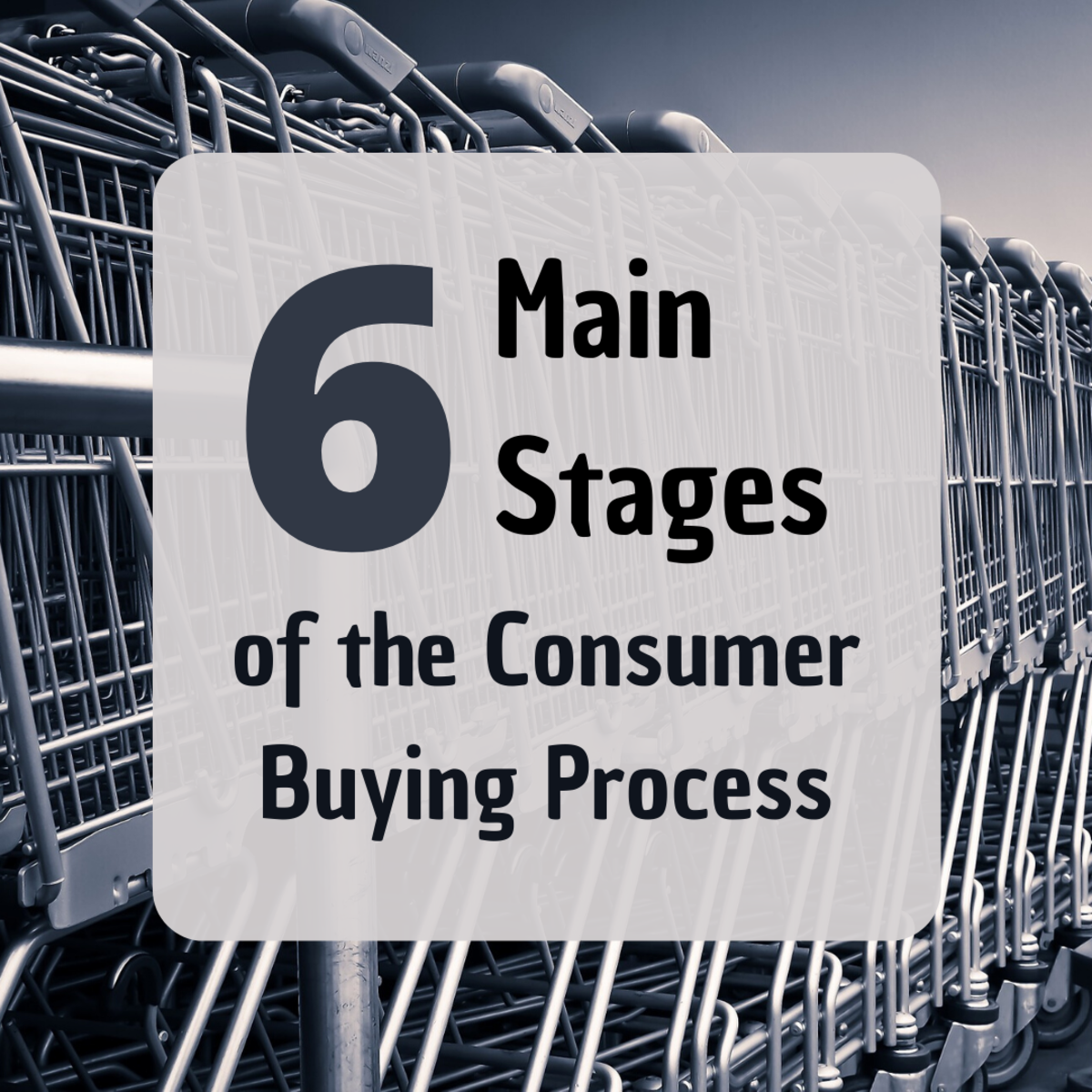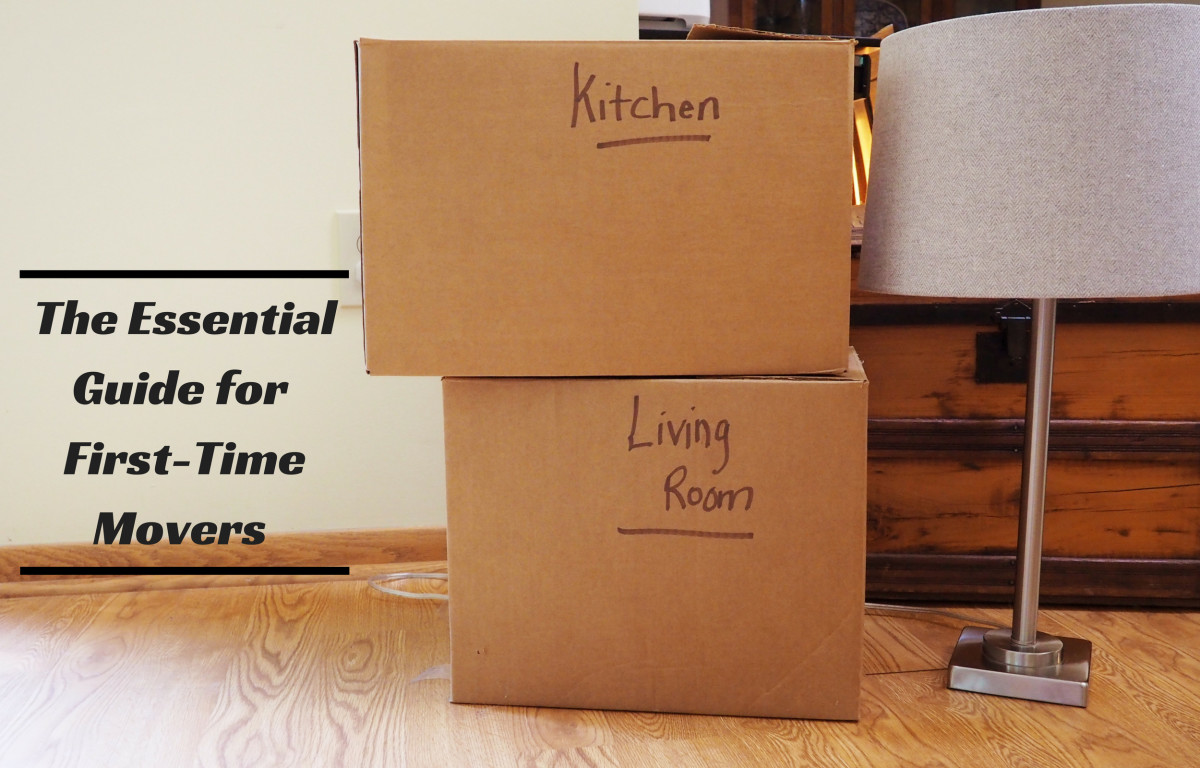Home Buying Tips and Advice: How To Buy a House
Home Buying Tips and Advice

There are many sources of home buying tips and advice. Understanding which are actually important home buying tips and advice can be difficult, but is important to understand, since you want to focus your efforts in the right places. There are a number of important considerations and tasks that must be completed as part of the home buying process. For those who have never bought a home or who have not bought a home in a long time and are considering doing so, it is highly recommended that you learn as much about the home buying process as possible to avoid the pitfalls associated with making such a large purchase.
Buying a home can be one of the hardest experiences in life. The most frightening thing about buying a home is that if you make a mistake it cannot be easily undone. Even a major purchase, such as buying a car, can be undone relatively easily by trading it in for another car a few months after the purchase, with a slight financial impact. However, since there are so many costs associated with buying a home, from closing costs to realtor fees, trading in your home for another home after a few months or even years is nearly impossible to do without suffering a significant financial impact. This is why understanding home buying tips and advice is very important.
Typically, the home buying process takes approximately two months to complete, due to the time it takes to obtain mortgage approval and complete the home inspection process. However, motivated buyers and sellers can complete a real estate transaction in as quickly as three to four weeks, if they are prepared to move quickly.
Home Buying Tips and Advice: Consider All of the Costs Associated With Owning a Home
One mistake that first time home buyers make occurs before they even buy a home. People do not take the time to make an honest assessment regarding how much of a home they can realistically afford. There are a lot more costs associated with owning a home than just the mortgage payment. Specifically, the cost of property taxes (which can be hefty in some areas) and homeowners insurance are significant costs that must be considered when purchasing a home.
The lending industry generally follows the rule that no more than 28% of a borrower’s annual gross income (pre-tax income) should be spent on their mortgage payment, property taxes, and homeowner’s insurance. Furthermore, the lending industry also likes borrowers to pay no more than 36% their annual gross income on total debt service, which includes the anticipated home mortgage payment, property taxes, homeowner’s insurance costs, and other outstanding loans, such as credit card payments, student loan payments, and automobile loan payments.
While these home affordability and total debt payment rules may seem arcane, they are actually time tested levels of debt service that have proven to effectively gauge how much a borrower can afford when purchasing a home, and should be taken seriously. It is always tempting to try to get more home than one can afford, but this is exactly the reason why so many homeowners find themselves having trouble making their mortgage payments. Decrease your chances of winding up being one of the unfortunate homeowners who lose their home to the bank, by buying a home you can actually afford.
Consider What Kind of Home You Want and Need
While owning a home can be very empowering, it also requires a lot of work to maintain it, especially if it includes front, side, or back yards. If you do not have children and have no need for outdoor space for gardening or relaxing, consider if buying a condominium or townhome is a better choice, so the exterior yard work is taken care of by others. Maintenance fees can be expensive and can limit how much home you can afford, but the trade off will be worth it if you do not like to or do not have time to do yard work. If you have children and/or want to have outdoor space to use along with your home, then be prepared to spend a lot of time maintaining it, or to pay someone else to maintain it.
The bottom line is: figure out what kind of home you really need before you start hunting for a home, including such considerations as: yard space, garage, parking, storage space, number of bedrooms and bathrooms, size of kitchen, fireplace, etc.
Obtain Pre-Approval For a Mortgage Before Looking at Homes
For your own peace of mind, and so you are prepared to make an offer to buy a home and are taken seriously by the seller, it is imperative that you obtain pre-approval from the lending institution you will use to obtain the mortgage that you anticipate applying for. Many sellers will only consider offers from pre-approved buyers.
You should also have a 20% down payment set aside, so you are prepared to make the required down payments that are part of the home buying process. Typically, some money is put down when you make your home purchase offer to demonstrate that your offer is a serious offer. Additional down payments are made as milestones are reached during the home buying process, such as lawyer approval of the contract to buy and the completion of the home inspection.
Focus on a Particular Area and Be Realistic
Think long and hard about where you actually want to live and realistically where you can afford to live. Too often, first time home buyers do not take into consideration their commute or other lifestyle considerations when they start looking in an area to buy a home. If you have children or are planning on having children, consideration should be given regarding the quality of the schools in the area in which you are looking for a home. There are a lot of nice homes in bad school districts that would be fine for people without children, but not for those with children.
It is not uncommon for first time home buyers to spend a lot of time looking in areas that are desirable but are unaffordable. Save yourself a lot of wasted time and aggravation by focusing on an area to a buy a home that both meets your lifestyle needs and your budget.
Work With A Local Real Estate Agent
While you may want to do a realtor friend a favor by working with them to buy a home, unless they work in the area in which you are looking for a home, you are not doing yourself any favors by using an out of area realtor. Local realtors will understand how things work in the area in which they work and will know other local real estate agents, which can be a great advantage when looking for a home, making an offer, negotiating a price, and throughout the rest of the home buying processes. It is not unusual for snags to occur during the home buying process. A local real estate agent should have the knowhow and local connections to help you work through any unanticipated situations which may put your home purchase in jeopardy.
Make a Spreadsheet to Track Homes You Have Viewed and Take a High Level View of the Homes
As you spend time looking at homes, take notes and ask a lot of questions. Use a check-box list to list the features you desire in a home and note if a home has those features. If available, take the seller’s home listing, as it will provide additional useful information. Compile what you have learned and observed about the homes you have viewed into a spreadsheet, which will come in handy when it comes time to make a decision regarding which home to make an offer on.
Take a look at the homes from Google Earth or a similar high level viewing application to see if there are things in the area of the homes that you may have overlooked during the home viewings, such as an industrial site or highway near the homes that may cause noise or odor concerns.
Do Research and Make a Realistic Offer to Buy
The Internet is a powerful tool that can be utilized by home buyers to research what a home that are considering making an offer for is realistically worth. Websites such as Zillow.com and Trulia.com provide home valuations based on a number of proprietary factors. They also provide information about what similar homes in the area are selling for and past sales information for the home under consideration and nearby homes, as well as information about the local area.
Do not just rely on your real estate agent to determine what a home is actually worth. Keep in mind that your real estate agent does not get paid until you close on the purchase of the home under consideration. They have an inherent bias in their assessment of a home’s value. They will try to convince you that a home’s value is close to the price that the seller is asking you to pay for it to increase their chances of a purchase agreement being finalized, so they can get paid for their services.
Armed with information about the true value of the home you would like to make an offer on, you now must consider what type of real estate market you are in and some intangibles, such as how desperate the seller seems to be and what they might ultimately accept for the sale of their home. Given these variables, you should make an offer that is well enough below the price that you ultimately want to pay for the home to allow for some room to negotiate.
In a hot home selling market, your offer will have to be close to or at the asking price. In a slow home selling market, there is nothing wrong with making a low offer 10% to 20% below the asking price to see if the seller will accept it, and if not, to put yourself in the position to get them to come down on the price.
Do not fall for the typical realtor warnings that a seller will be insulted by a low offer or they will not even consider a low offer. In a slow home selling market, sellers may be desperate. You may provide the only offer the seller has received in months or can expect to receive in months. They may just want to move on and accept your offer or be willing to come down significantly in their selling price to get the deal done. It is worth your while to at least start low with the offer to buy a home and then let the negotiations determine the final price.
Be Ready To Go Outside Your Comfort Zone During Negotiations
During the negotiations regarding the final purchase price of the home you wish to buy, you should once again keep in mind that your real estate agent (no matter how friendly and honest they are) has a strong monetary interest in seeing you and the seller meet at an agreeable price. At this point, a real estate agent is representing themselves as much as they are representing you. Be prepared to go outside of your comfort zone when negotiating, not only with the seller but also with your real estate agent who will be doing the negotiation on your behalf. Be prepared to put your foot down. This is not a time to be timid. Clearly tell your agent what price to offer and the terms of the deal. Do not reveal to your agent until the end of the negotiations what price you will settle for. If possible, try to see if the seller will throw in any appliances to get the deal finalized.
This will likely be the biggest purchase you ever make in your life, and this is the moment to ensure you get the best deal possible. You are the one who will have to live with the final price that is settled upon. Your real estate agent will just be collecting a commission check.
Hire an Experienced Real Estate Lawyer
It is important to hire a lawyer that is experienced with real estate law to review the purchase contract that you sign to buy a home and to represent you throughout the home buying process. An experienced real estate lawyer will ensure that the purchase contract includes protections for you in the event that you must terminate the deal and that all the customary legal protections are in place. They will also be there to answer any questions that arise during the real estate transaction and to ensure that the money involved is placed safely in an escrow account until the transaction has been completed.
Hire an Experienced Home Inspector
After the negotiations have been completed and you have signed a contract to purchase the home, it is time to hire a home inspector. Find a reputable and capable home inspector, as not all home inspectors are up to the job they are asked to perform. The home inspector should thoroughly inspect the home for defects and other problems that you may be able to get the seller to address or provide you a credit for. Serious problems with the home that are uncovered during the home inspection, such as an unstable foundation, may even cause you to decide to back out of the purchase agreement.
Upon completion of the home inspection, compile a laundry list of items you would like the owner of the home to address or to provide a credit for. Your lawyer should contact the seller’s lawyer in writing with your list of requested repairs and/or credits. This is the final chance to reduce the cost of buying the home. Do not be afraid to ask for repairs or credits; the worst thing the seller can do is say “no”.
Home Buying Tips and Advice: Time to Move In

Home Buying Tips and Advice: Set Aside Extra Money For Home Repairs, Upgrades
The thrill of taking the keys on the day of the closing of the transaction to buy a home and then using them to open the front door for the first time and walk into the home is hard to describe. It is exhilarating. It is an overwhelming feeling of joy that one rarely encounters in life. There is something truly empowering and awesome about the feeling of owning your own home.
Once the initial euphoria of being a homeowner wears off, it will be time to look at what needs to be repaired or upgraded in your new home, and how to furnish it. Even if you purchased a brand new home that nobody else has ever lived in, a lot of money will be needed to buy furnishings and make the home into what you want it to be.
Make sure that you have some money set aside to make any necessary repairs and upgrades, and to furnish your new home. A mistake that some first time home buyers make is that they spend all of their money on buying a home, and have no money set aside for home repairs, upgrades, and furnishings, once they have moved into their new home. This is known as being “house poor”: a home owner that has a lot of money tied up in the purchase of their home, but has no money to do anything else. While upgrades can easily be rationalized away as something one will get to in the future, and perhaps many should be put off to a later date, many home repairs may require immediate attention, and some money should be set aside for them before a home is purchased. Also, furnishing a home can cost a great amount of money, and this cost should be considered during the home buying process.
All in all, being a homeowner is awesome for one’s feeling of self worth and can be a good investment over a long period of time. Home Buying Tips and Advice boils down to: going into the home buying process well informed and following the steps needed to ensure that you navigate this very important purchase correctly, which will help save you a great deal of aggravation and will help ensure that you are happy with the home that you purchase.
Home Selling Tips and Advice Books
See These Related Articles
- Home Improvements That Increase The Value of a Home
The cumulative effect of numerous home improvements can raise the value of a home and help sell a home more quickly than similar homes that have not been improved. The following are the ones to focus on. - Home Selling Tips and Advice
Taking the time to read an article or two, or even a book, that provides home selling tips and advice is well worth the time and effort to avoid home selling pitfalls and put your best foot forward when placing your home on the market.









